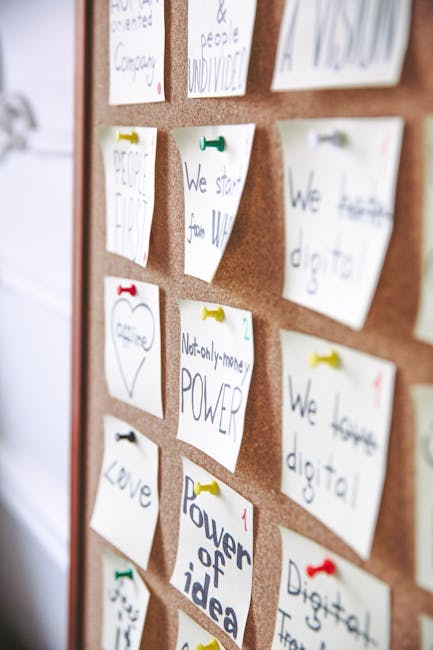Unlocking the Power of Effective Workplace Collaboration
Effective collaboration is a process where individuals or teams work together harmoniously towards a common goal. It involves clear communication, respect for diverse perspectives, and a shared understanding of objectives.
Key Components of Effective Collaboration
Active listening, leveraging diverse skills, and creating an environment of trust are crucial. Clearly defined roles and responsibilities coupled with a commitment to problem-solving and decision-making align individual contributions with group goals, boosting productivity and innovation.
The Benefits of Group Collaboration
Teams have a greater impact on business success than individuals. Shared creation and innovation foster a learning environment where employees build on each other’s strengths. Research shows that highly engaged employees are less likely to quit, with collaborative efforts boosting engagement and participation.
According to an Accountemps survey, poor collaboration contributes to morale issues, while effective communication is key to engagement. Meanwhile, Owl Lab research highlights the challenges of remote work, such as loneliness and siloed teams, reinforcing the need for a collaborative culture.
Building a Collaborative Environment
Establishing a compelling company mission that unites staff under a common goal is essential. Team members must understand their individual and collective objectives. Regularly communicate, evaluate, and celebrate achievements to maintain focus and productivity.
Clear expectations for collaboration should be integrated into company culture, starting with employee onboarding. Digital collaboration tools enhance productivity, transparency, and communication quality, as reported by a Deloitte study.
Implementing Collaboration Strategies
Understanding employees’ strengths and assigning tasks accordingly fosters trust and value. A Forbes report shows that appreciation is crucial, with many employees willing to leave if they feel undervalued.
Encourage decision-making inclusion and seek feedback to form effective teams. Recognition and rewards for collaborative behavior motivate and engage employees, clarifying expected values.
Successful collaboration requires open communication, cohesion, and rewarding teamwork. Engage team input before new initiatives to foster a sense of belonging and adaptability to change.



